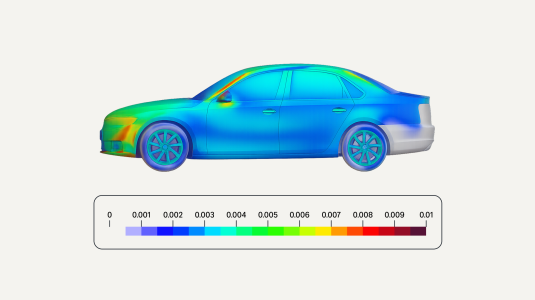Customer-obsessed science


Research areas
-
September 26, 2025To transform scientific domains, foundation models will require physical-constraint satisfaction, uncertainty quantification, and specialized forecasting techniques that overcome data scarcity while maintaining scientific rigor.
-
Featured news
-
NAACL 2024 Workshop on Bridging Human-Computer Interaction and Natural Language Processing2024Conversational AI is a subtype of Human-Computer Interaction that has gained wide adoption. These systems are typically powered by Large Language Models (LLMs) that use Retrieval Augmented Generation (RAG) to infuse external knowledge, which is effective against issues like hallucination. However, automatically evaluating retrieval augmented conversations with minimal human effort remains challenging, particularly
-
2024Evaluating a new ranking policy using data logged by a previously deployed policy requires a counterfactual (off-policy) estimator that corrects for presentation and selection biases. Some estimators (e.g., the position-based model) perform this correction by making strong assumptions about user behavior, which can lead to high bias if the assumptions are not met. Other estimators (e.g., the item-position
-
Extracting product attributes from images involves classifying subtle differences between similar objects. Visual Transformers (ViT) are powerful but usually supervised, while e-commerce labels are noisy or expensive to clean. In this work, we demonstrate the benefit for e-commerce of semi-supervised techniques like Semi-ViT, a ViT model fine-tuned with unlabeled data. We demonstrate that when Semi-ViT
-
ICCSM 20242024Security Attacks (SA) refer to a kind of malicious activity in which SA causes information destruction. Existing works have failed to concentrate on various attacks that limit the model’s performance. Therefore, this paper presents Cumulative Distribution-GELU-Convolutional Neural Network (CD-GELU-CNN) and Feature Map-based-Lattice Rainbow Quantum Cryp-tography (FMLRQC) techniques for SA detection and prevention
-
2024Music and media search spell correction is distinct as it involves named entities like artist, album and podcast names, keywords from track titles and catchy phrases from lyrics. Users often mix artist names and keywords from track title or lyrics making spell correction highly contextual. Data drift in search queries caused during calendar event days or a newly released music album, brings a unique challenge
Collaborations
View allWhether you're a faculty member or student, there are number of ways you can engage with Amazon.
View all














































